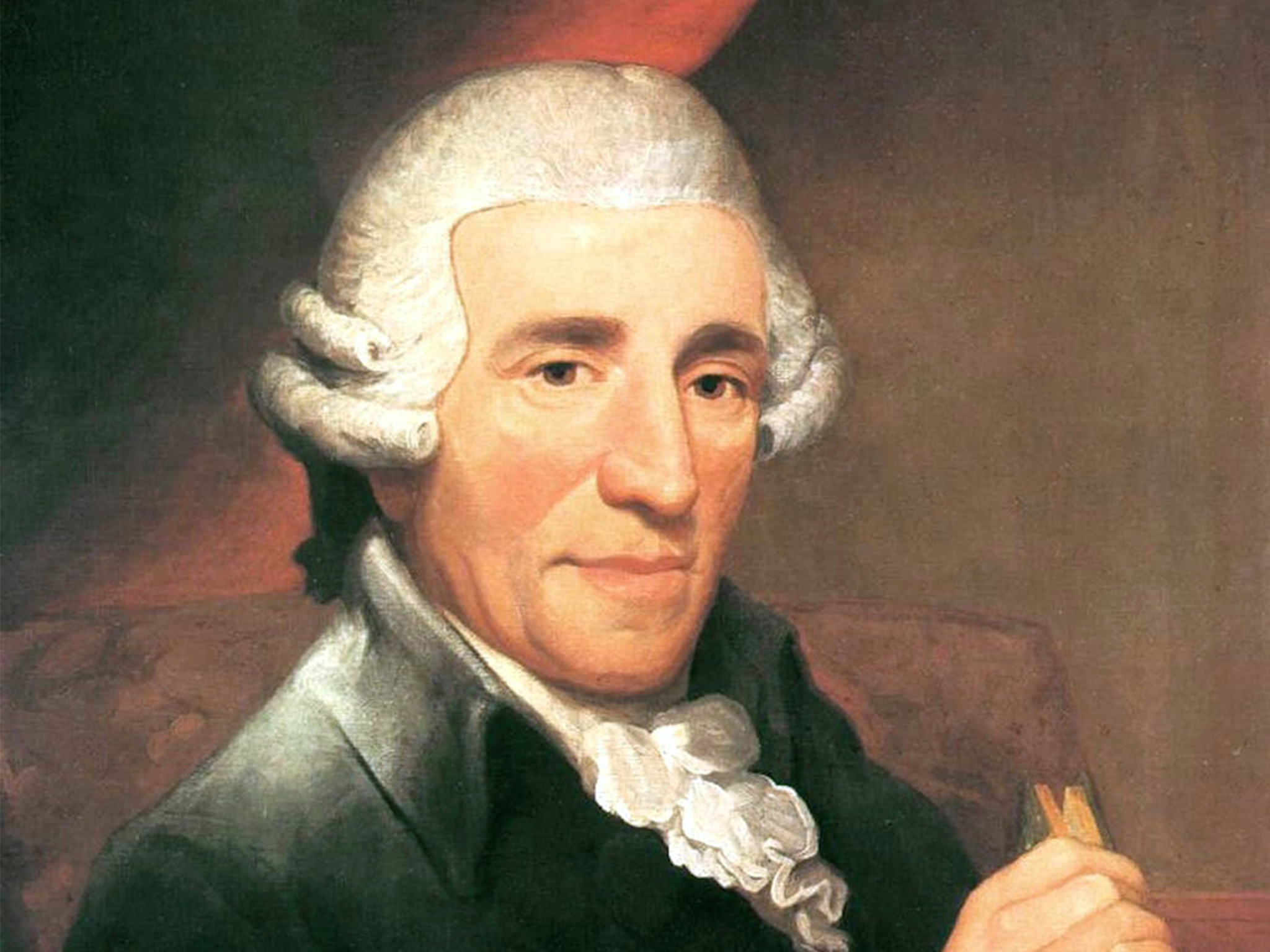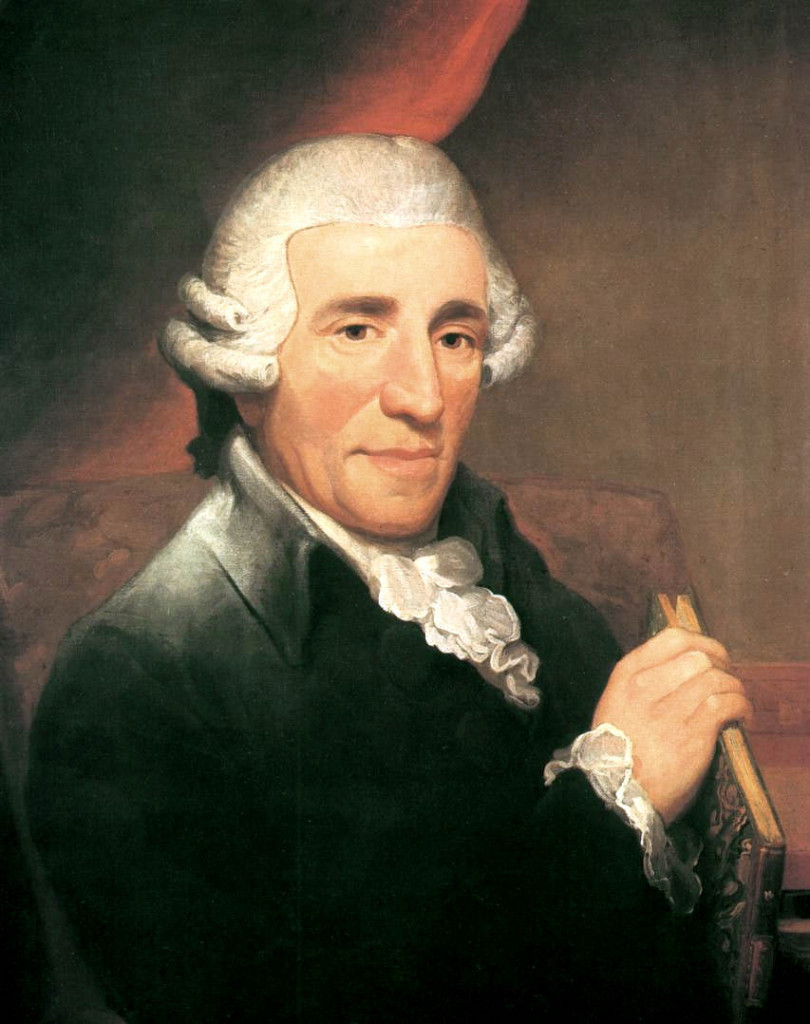Joseph Haydn, the celebrated composer of the Classical era, has left an indelible mark on the world of music. Known as the “Father of the Symphony” and the “Father of the String Quartet,” Haydn’s contributions to classical music are immeasurable. While he is renowned for his symphonies and chamber music, his vocal compositions, including his songs, deserve equal recognition. In this blog post, we explore the seven best songs by Joseph Haydn, showcasing his profound musical genius and unmatched creativity.
- “Die Schöpfung” (The Creation): “The Creation” is undoubtedly one of Haydn’s most monumental works. A masterful oratorio composed between 1797 and 1798, it vividly depicts the creation of the world as described in the Book of Genesis. With its grand choruses, sublime solos, and exquisite orchestration, Haydn’s “Die Schöpfung” remains a captivating and spiritually uplifting musical experience.
- “Die Jahreszeiten” (The Seasons): Following the success of “The Creation,” Haydn composed another splendid oratorio, “The Seasons.” Completed in 1801, this captivating work captures the essence of each season through its joyful melodies, evocative orchestration, and expressive vocal writing. “Die Jahreszeiten” showcases Haydn’s ability to weave nature’s beauty into musical form, leaving listeners enchanted and inspired.
- “She Never Told Her Love”: Haydn’s artistry extends beyond large-scale choral works, as demonstrated in his exquisite song “She Never Told Her Love.” This tender and intimate piece, set to words by Shakespeare, exhibits Haydn’s sensitivity and mastery of vocal writing. With its graceful melodic lines and delicate accompaniment, this song showcases his ability to evoke deep emotions through simplicity.
- “Das Lied der Deutschen” (The Song of the Germans): Haydn’s impact on the musical landscape goes beyond his compositions. He also contributed to the formation of national identity through his arrangements of national anthems. The most notable of these is “Das Lied der Deutschen,” which later became the German national anthem. Haydn’s stirring and dignified melody captures the spirit of unity and pride, solidifying his role as a musical ambassador of his time.
- “Die Harmonie in der Ehe” (Harmony in Marriage): Haydn’s wit and charm shine through in his song “Die Harmonie in der Ehe.” This humorous and satirical composition playfully depicts the ups and downs of married life. With its catchy melodies, lively rhythms, and clever wordplay, Haydn showcases his ability to entertain while maintaining his compositional brilliance.
- “Die Beredsamkeit” (Eloquence): In “Die Beredsamkeit,” Haydn captures the power and eloquence of music. This expressive song, with its soaring melodic lines and beautifully crafted accompaniment, demonstrates Haydn’s skill in creating emotional depth through his compositions. As the singer extols the persuasive power of music, Haydn’s music itself becomes a testament to the sentiment expressed.
- “Die Muttergefühl” (Maternal Love): Haydn’s ability to depict a wide range of human emotions is evident in the touching song “Die Muttergefühl.” Celebrating the deep bond between a mother and child, this composition beautifully captures the tenderness and love associated with motherhood. Haydn’s sensitive melodic writing, paired with heartfelt lyrics, creates a piece that resonates with listeners on a deeply emotional level.
Conclusion:
Joseph Haydn’s contributions to the musical world are immeasurable, and his songs are no exception. From his monumental oratorios to his intimate and humorous compositions, Haydn’s songs showcase his versatility, emotional depth, and enduring musical legacy. Whether through grand choral works or tender solos, Haydn’s artistry continues to captivate and inspire audiences, ensuring his place among the greatest composers of all time.


Comments are closed